Has Assad’s collapse shaped new regional geopolitics?
- Update Time : Wednesday, January 15, 2025

The sudden fall of Bashar al-Assad’s regime in Syria last month has sent ripples through the Middle East, sparking intense debates about its wider geopolitical implications. Analysts and policymakers are grappling with the consequences of this dramatic development, with some suggesting it marks a seismic shift in the region’s balance of power. While Iran appears to be the primary loser in this scenario, the idea of a new hegemon-whether Israel, Türkiye, or another actor-emerging to dominate the Middle East remains contentious.
For much of the past two decades, Iran has been a key player in the Middle East’s multipolar power structure. The US’s gradual retrenchment from the region provided Tehran with opportunities to expand its influence through a network of allies and proxies in Iraq, Lebanon, Yemen, and Syria. Assad’s Syria was a cornerstone of this strategy, offering Iran not just an ally but a vital corridor to Hezbollah in Lebanon and a platform for broader regional influence.
However, Assad’s fall represents a severe blow to Iran’s regional ambitions. As Lina Khatib of Chatham House argues in Foreign Policy, this development could signify the “end of the Iran-dominated regional order.” Without Syria, Iran’s ability to project power in the Levant is significantly diminished. Furthermore, Israel’s recent military campaigns against Hezbollah in Lebanon and Hamas in Gaza have further weakened Tehran’s sphere of influence, underscoring its inability to support multiple fronts simultaneously.
While Iran has suffered setbacks, both Israel and Türkiye stand to gain from Assad’s downfall. Israel, with its highly advanced military and robust economy, has historically prioritized national security over regional dominance. Its focus has largely been on containing threats from Palestinian militants and neighboring adversaries. However, recent developments, including Israel’s growing willingness to conduct military operations beyond its borders, suggest a shift in strategy. Khatib’s assertion that Israel could dominate the region stems from its newfound activism, including strikes against Iranian-backed Houthis in Yemen.
Similarly, Türkiye’s regional posture has evolved significantly since the so-called Arab Spring. Under President Recep Tayyip Erdoğan, Ankara has pursued a more assertive foreign policy, intervening in northern Syria, Iraq, Libya, and even Azerbaijan. Hassan Hassan, editor of New Lines Magazine, contends that Türkiye’s friendly relations with Syria’s new leadership position it as a key regional powerbroker. With the second-largest military in NATO and a strategic geographical position, Türkiye has the capacity to further enhance its influence.
Despite these advantages, the notion that either Israel or Türkiye could dominate the Middle East remains questionable. Historically, the region has proven resistant to hegemony. The Ottoman Empire was the last true hegemon, and since its collapse, no single state has been able to achieve sustained dominance. The state system established by Britain and France distributed key power assets-such as population, military capability, and natural resources-across multiple middle powers, fostering a naturally multipolar environment.
Leaders like Egypt’s Gamal Abdel Nasser and Iraq’s Saddam Hussein have attempted to assert regional primacy but failed to overcome the inherent structural limitations. Even the United States, despite its military and economic superiority, has struggled to maintain a dominant role. Its post-9/11 bid for hegemony in the Middle East ended in strategic overreach and a subsequent withdrawal from key theaters.
The reduction of Iran’s influence following Assad’s fall may represent a “right-sizing” of its regional ambitions. Although Tehran has achieved significant gains in asymmetric warfare, particularly through its use of non-state actors and drones, its conventional military capabilities lag behind those of its rivals. Moreover, Iran’s economic struggles, exacerbated by international sanctions, further limit its capacity for sustained power projection.
Assad’s inability to hold onto power, coupled with Iran’s failure to provide decisive support, underscores these limitations. The loss of Syria forces Tehran to recalibrate its regional strategy, focusing on shoring up influence in more manageable theaters like Iraq and Lebanon.
The Middle East’s multipolarity is likely to endure, even with Assad’s fall. Alongside Israel and Türkiye, other regional powers such as Saudi Arabia, Egypt, Qatar, and the UAE continue to pursue their own agendas. These states have shown a willingness to both cooperate and compete, forming shifting alliances based on specific issues. For instance, while Saudi Arabia and the UAE have aligned with Israel against Iran, they maintain distinct strategic objectives, particularly in Yemen and the Horn of Africa.
This fluidity ensures that no single actor can consolidate dominance. Even if Israel and Türkiye capitalize on Iran’s setbacks, their regional influence will face checks from other middle powers. Furthermore, the involvement of external actors like the United States, Russia, and China adds another layer of complexity, further preventing the emergence of a clear hegemon.
While the fall of Assad’s regime undeniably weakens Iran and boosts the regional standing of Israel and Türkiye, it is unlikely to usher in a new era of dominance by any single state. The Middle East’s structural constraints-its multipolarity, diverse power centers, and external influences-make sustained hegemony a near-impossible task.
Both Israel and Türkiye, aware of these dynamics, are expected to pursue more modest ambitions. Rather than striving for outright dominance, they will likely focus on securing their interests and expanding their influence within manageable limits. Assad’s fall marks a significant moment in the region’s geopolitical landscape, but it is far from a transformative shift. The Middle East will remain a complex, multipolar arena where no single power can reign supreme for long.




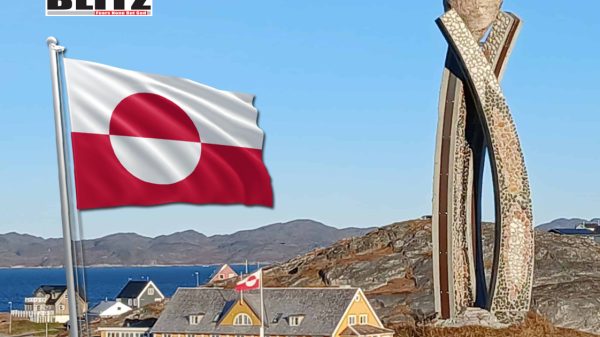

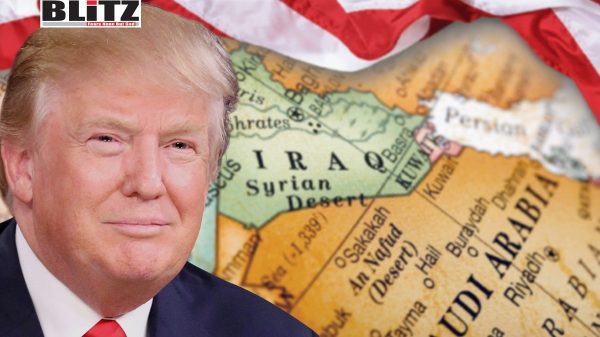



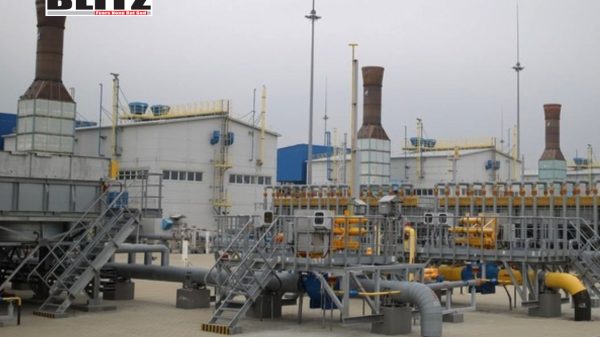

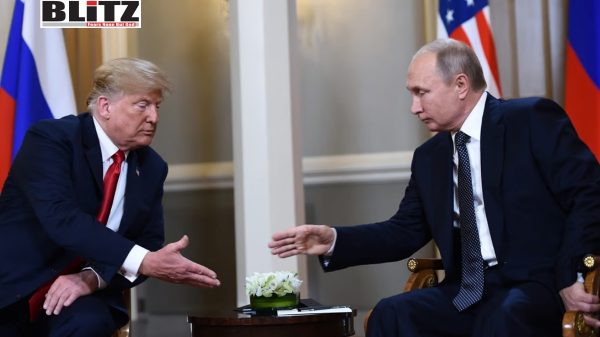
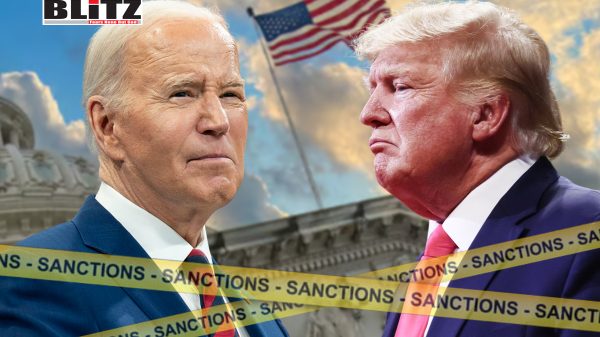


Leave a Reply